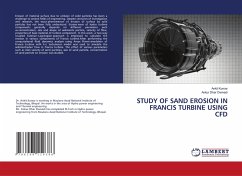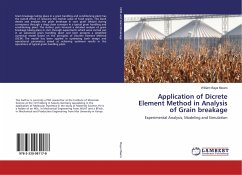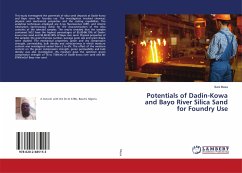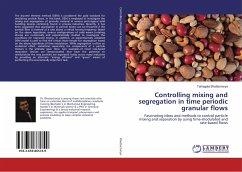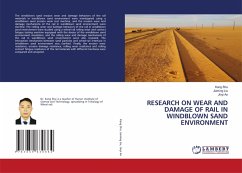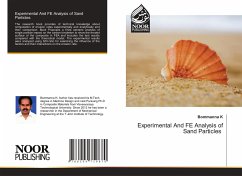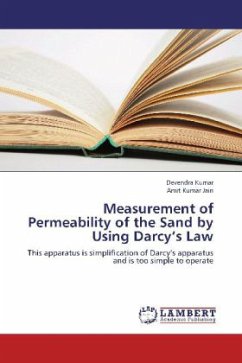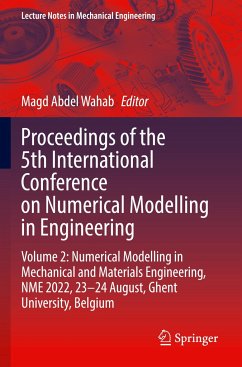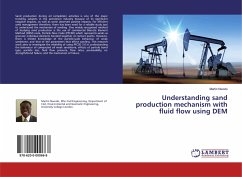
Understanding sand production mechanism with fluid flow using DEM
Versandkostenfrei!
Versandfertig in 6-10 Tagen
27,99 €
inkl. MwSt.

PAYBACK Punkte
14 °P sammeln!
Sand production during oil completion activities is one of the major trending subjects in the petroleum industry because of its significant negative impacts, as well as some observed positive impacts. For efficient sand management therefore, there has been need for a reliable study tool to understand the mechanism of sanding. One widely recognised method of studying sand production is the use of commercial Discrete Element Method (DEM) code, Particle Flow Code (PFC3D) which represents sands as granular individual elements bonded together at contact points. However, there is limited knowledge o...
Sand production during oil completion activities is one of the major trending subjects in the petroleum industry because of its significant negative impacts, as well as some observed positive impacts. For efficient sand management therefore, there has been need for a reliable study tool to understand the mechanism of sanding. One widely recognised method of studying sand production is the use of commercial Discrete Element Method (DEM) code, Particle Flow Code (PFC3D) which represents sands as granular individual elements bonded together at contact points. However, there is limited knowledge of the particle-scale behaviour of weak sandstone, and that of the parameters that affect sanding. This research work aims to investigate the reliability of using PFC3D 3.0 in understanding the behaviour of compacted oil weak sandstone; effects of particle bond type, particle size, fluid flow pressure, flow rates, permeability, on strength/bond failure; and the mechanism of failure.



